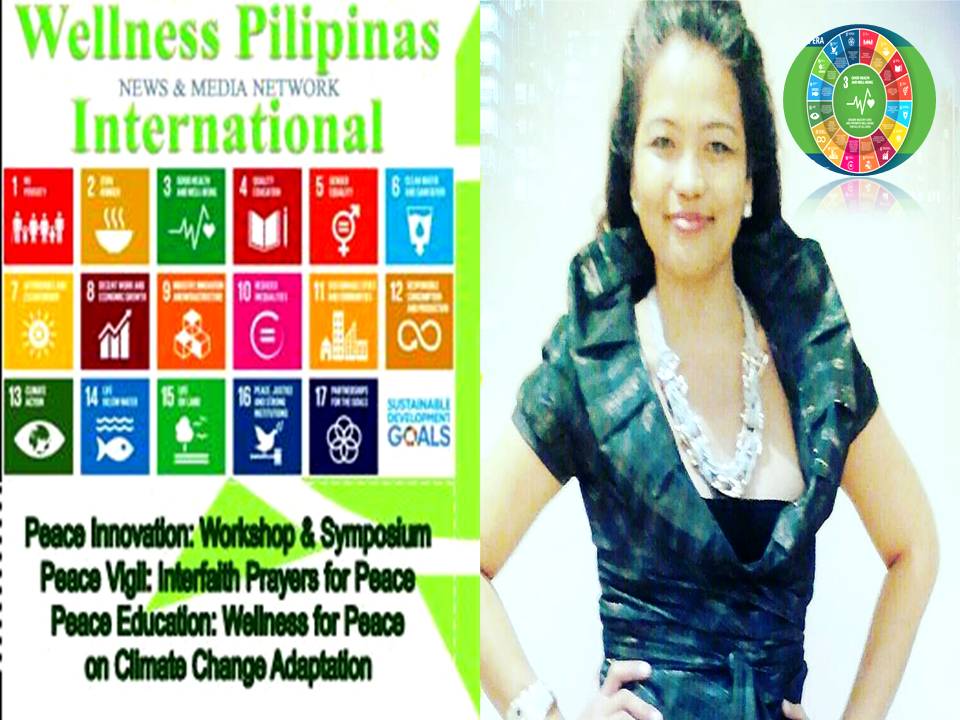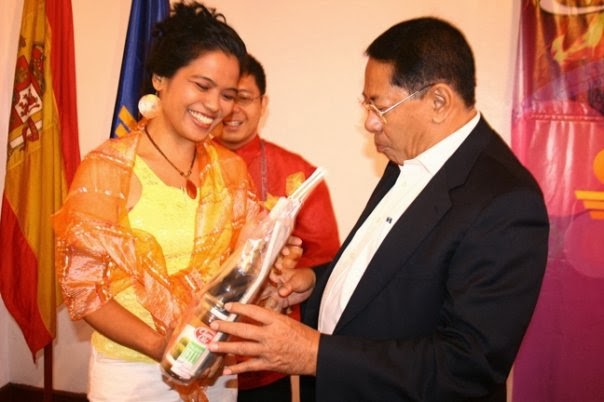Non-Self-Governing Territories: a sacred trust
International Week of Solidarity with the Peoples of Non-Self-Governing Territories
25-31 May
In the UN Charter, a Non-Self-Governing Territory is defined as a territory “whose people have not yet attained a full measure of self-government.”
In 1946, several UN Member States identified a number of territories under their administration that were not self-governing and placed them on a UN list. Countries administering Non-Self-Governing Territories are called administering Powers. As a result of the decolonization process over the years, most of the territories were removed from the list.
Chapter XI of the UN Charter - the Declaration regarding Non-Self-Governing Territories - provides that Member States administering Territories, which have not attained self-government recognize "that the interests of the inhabitants of these territories are paramount" and accept as a "sacred trust" the obligation to promote their well-being.
Chapter IX urged the administering Powers concerned to take effective measures to safeguard and guarantee the inalienable rights of the peoples of the Non-Self-Governing Territories to their natural resources, including land, and to establish and maintain control over the future development of those resources, and requested the Administering Powers to take all necessary steps to protect the property rights of the peoples of those territories.
Administering Powers, in addition to ensuring the political, economic, social and educational advancement of the peoples, undertake to assist them in developing self-government and political institutions. Administering Powers have an obligation to transmit regularly to the Secretary-General information on the economic, social and educational conditions in the territories under their administration.
Chapter IX also urged all States, directly and through their action in the specialized agencies and other organizations of the United Nations system, to provide moral and material assistance to the peoples of the Non-Self-Governing Territories.
History
In 1946, eight Member States - Australia, Belgium, Denmark, France, the Netherlands, New Zealand, the United Kingdom and the United States - listed 72 territories under their administration, which they considered to be non-self governing. Eight became independent before 1959.
Transmission of information by the administering Power was discontinued for 21 Non-Self-Governing Territories for various reasons. In some cases, such as Greenland, Alaska and Hawaii, the General Assembly accepted the cessation of information; in others, the decision was taken unilaterally by the administering Power.
In 1963, the Assembly approved a revised list of 64 territories to which the 1960 Declaration on Decolonization applied. The list included the two remaining Trust Territories at that time (Nauru and the Trust Territory of the Pacific Islands); the Non-Self-Governing Territories for which information was transmitted under Chapter XI of the Charter (article 73e), including the territories administered by Spain; Namibia (then referred to as South West Africa); and those Non-Self-Governing Territories about which no information had been transmitted, but which the Assembly had deemed to be Non-Self-Governing - namely the territories under Portuguese administration and Southern Rhodesia (now Zimbabwe). The list was further expanded in 1965 to include French Somaliland (now Djibouti) and Oman. The Comoro Islands were included in 1972 and New Caledonia in 1986.
From 1960 to 2002, 54 territories attained self-government. At present, there are 17 Non-Self-Governing Territories remaining.
The UN General Assembly, by its resolution 54/91 of 6 December 1999, requested the annual observance of the Week of Solidarity with the Peoples of Non-Self-Governing Territories.
Decolonization
This educational video focuses on the process of decolonization and how the United Nations has contributed to development of the principle and practice of "self-determination” for people living in Non-Self-Governing Territories.
Related websites
The United Nations and Decolonization
Global Issues: Decolonization
Trusteeship Council
Special Political and Decolonization Committee
Documents
UN Charter Chapter XI
Declaration on the Granting of Independence to Colonial Countries and Peoples
Resolution establishing the annual observance of the Week of Solidarity
Map of Non-Self-Governing Territories
map of Non-Self-Governing Territories
Brochure
brochure
men in indigenous dress sitting cross-legged
Global Issues: Decolonization
When the United Nations was founded in 1945, some 750 million people, nearly a third of the world's population, lived in Territories that were dependent on colonial Powers. Today, fewer than 2 million people live under colonial rule in the 17 remaining non-self-governing territories. The wave of decolonization, which changed the face of the planet, was born with the UN and represents the world body’s first great success.
a woman with small children in Namibia (1992)
International Decades for the Eradication of Colonialism
Starting in 1990, on the 30th anniversary of the Declaration on the Granting of Independence to Colonial Countries and Peoples, the United Nations has declared four consecutive international decades for the eradication of colonialism. We are now in the Fourth International Decade for the Eradication of Colonialism (2021 - 2030).
an abstract illustration of people engaged in an event
Why do we mark International Days?
International days and weeks are occasions to educate the public on issues of concern, to mobilize political will and resources to address global problems, and to celebrate and reinforce achievements of humanity. The existence of international days predates the establishment of the United Nations, but the UN has embraced them as a powerful advocacy tool. We also mark other UN observances.
Source
UN website










